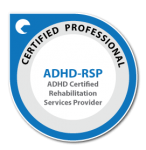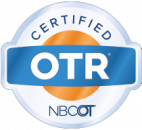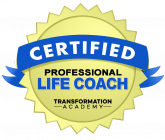What Our Clients Have to Say
"Thank you for putting us on the right path. I feel more empowered and less anxious already!"
Alisonparent coaching client
"Thank you for helping us navigate through these parenting challenges!"
Jimparent coaching client
"We are really proud of (our son) but also ourselves in how we have changed our approach with him, as a result of your coaching."
Amymom of 14 year old
Previous
Next







